Malaya. Sorry. Malaysia. I trip over the word because it is, for me, unfamiliar. I do not think of it as Malaysia, but as Malaya. But ‘Malaya’ makes me sound Imperial. Outmoded. Old fashioned. Colonial. As the last generation that was schooled with maps of the world coloured predominantly in pink, how do I now feel about the British Empire? I write this as I stay in the Datai hotel on the island of Langkawi in the ex-colony whose story mimics so many others in its experience of and eventual freedom from the Empire on which the sun never set.

It is a Pandora’s Box of an issue. As we speak, in December 2022, Britain’s colonial past is, again, in the headlines. This time, for the insensitive interrogation given by an 83 year old Lady in Waiting at a reception hosted by the Camilla, the Queen Consort, to a black British woman. The octogenarian couldn’t fathom the notion that this person was British or from Britain, so she kept asking where the woman was really from? To the point of tin-earedness and huge embarrassment to those who witnessed the conversation – and, ultimately, to the Palace. It belied an underlying prejudice of those raised in the era where non-whites must, de facto, come from elsewhere. A prejudice typical of anyone white and from a particular class born before WWII.

Moustaches obligatory 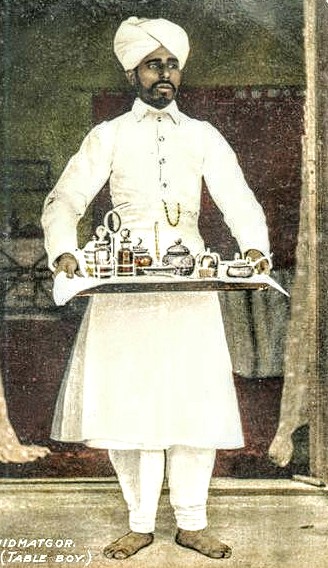
Tiffin 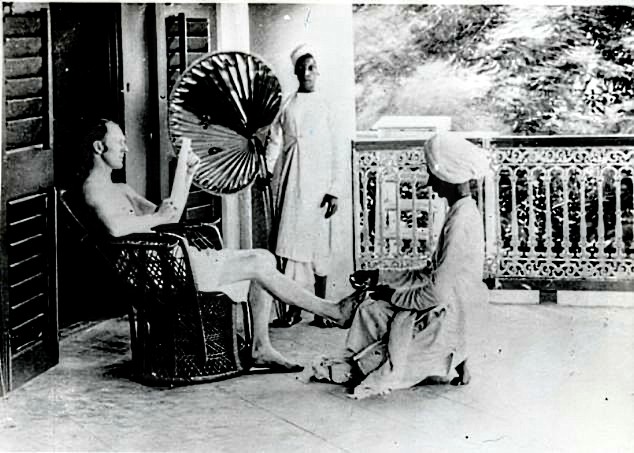
Wallah 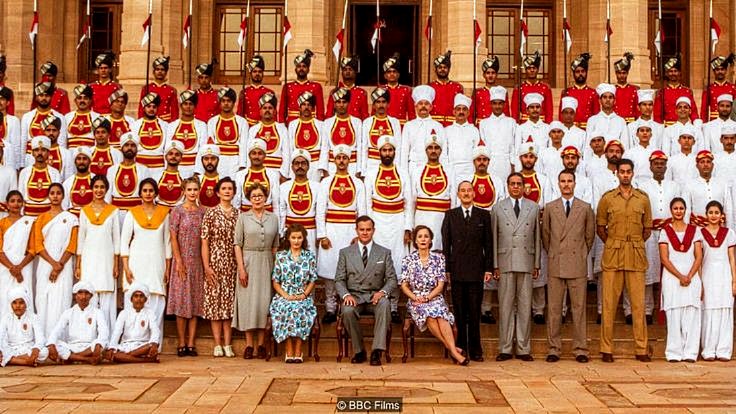
Viceroy’s household
Where do you even begin to untangle this issue? For groups such as Black Lives Matter, the answer is simple. Empire means slavery, repression, exploitation. Empire can have no saving graces. It is a calumny and those who profited from Empire must now make recompense for the gains they made. In the case of the Caribbean islands – the West Indies – this means financial compensation for the descendants of millions of negro slaves shipped to the sugar cane fields of Barbados, Guyana, Belize and Jamaica. How do you calculate incalculable human suffering? Should you even try? Or should a line be drawn underneath the historical suffering and instead, a settlement be made which invests in programmes which re-balance the present and future opportunity stolen from those on the exploited side of the Imperial experience?
For the baby-boomer white generation of Brits schooled post WWII, in the 50s, 60s and 70s, Empire was, predominantly, taught as having been a force for good and, generally, a positive thing. Indeed, in contrast to the way other European Imperial powers ran their overseas territories, British colonists were lauded as beneficent, leaving a legacy of parliamentary democratic government, the rule of law, fair play, a love of sport and Corinthian values, competent civil service, education and infrastructure. At school, my generation was shielded from the other side of Empire – the side experienced by the vast majority, black, brown or yellow. We didn’t discuss the Colonial wars for independence that characterised the 1950s through to the final conflicts in 1970s Rhodesia. The ‘Malayan Emergency’ (so named for insurance purposes, would you believe, because if it was declared to be a war, no one would get any payouts), the Mau Mau in Kenya, Cyprus, Aden…none of these happened at my school. Our focus was on Kings and Queens of England, Magna Carta, the industrial revolution. And, of course, on the Battle of Britain, when Britain stood alone. And in all of that, we never learnt that Elizabeth I had bankrolled the very first slaver ship. No. Instead, we learnt about triangular trade, drew pictures of below decks on slave transports and, star of the show, about the Abolitionists. And when we pulled out of Hong Kong in 1997, it was all, well, jolly civilised and really rather sad. The sun finally setting on a glorious adventure at last.
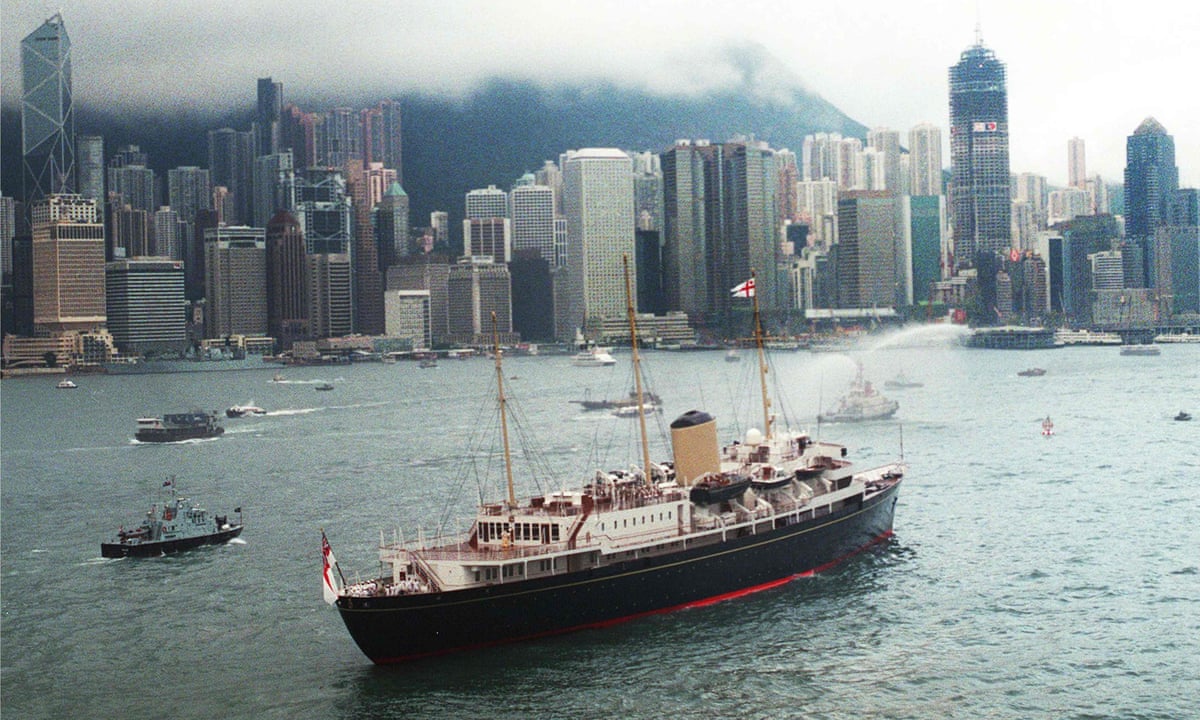
My version of history was unblemished by the bad side of British Imperialism.
In the span of my father’s adulthood, from serving in the Royal Navy at the end of WWII to his retirement from work in 1986, Britain left some 4/5th of its colonies and protectorates. Peculiarly, this isn’t mentioned in my father’s memoirs. By inclination, my father was a liberal. Yet the only mention of Empire in his 200 page volume My Life is a mention of him going to play tennis at a club in Ceylon (Sri Lanka), whilst in the Royal Navy, and being struck by the notice at the entrance which said: No natives. He played anyway.
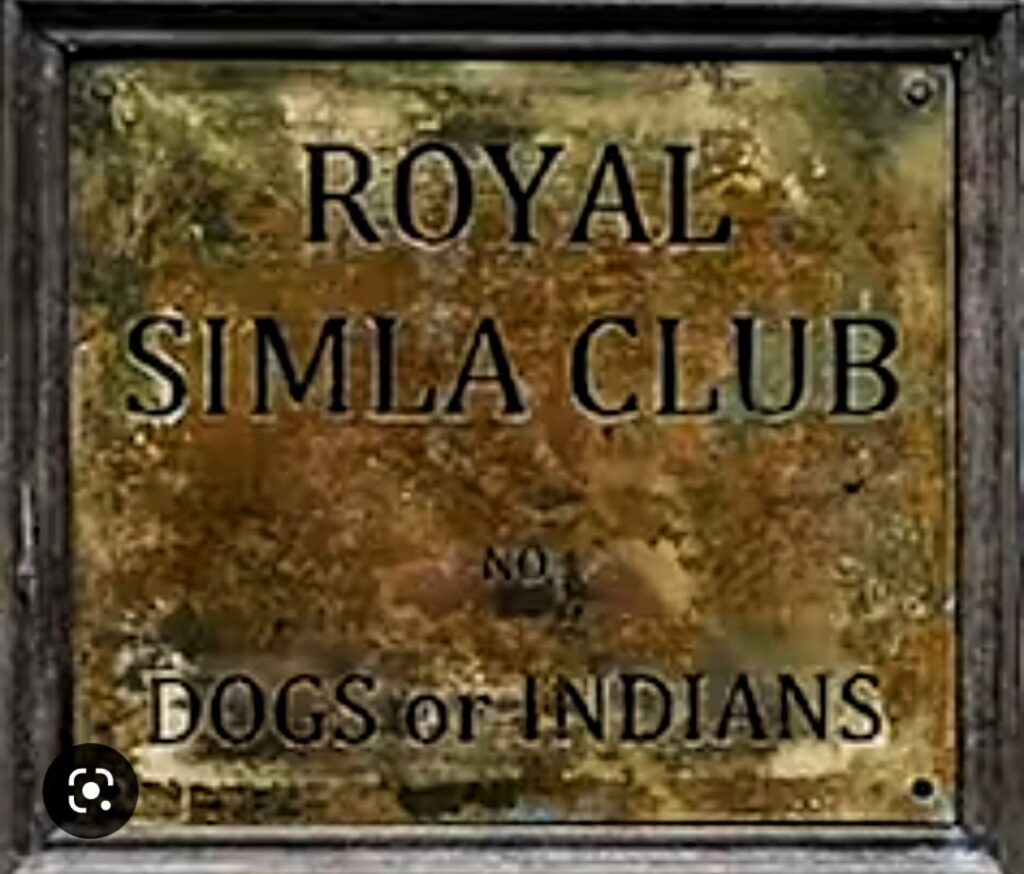
And my grandparents on my father’s side, used to catch a banana boat from the UK to South Africa and winter in Cape Town. For three months. My father said it was cheap for them to do this and got them away from the worst of the cold weather in Yorkshire. That they did this for a number of years at the height of Apartheid seemed unworthy of comment. And it is only now, as an adult, that this seems extraordinarily awful.

Oblivious or complicit? 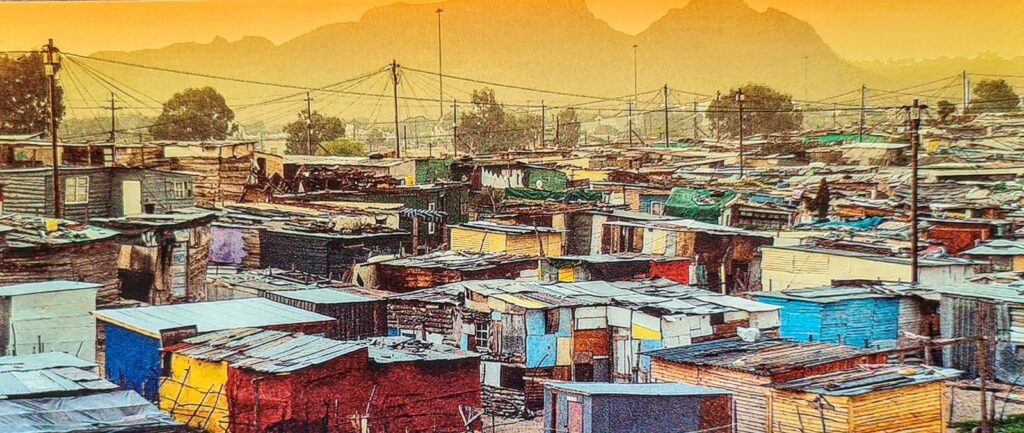
Township 
Whites only beach, South Africa 
Table Mountain, 1950s 
The banana boat arrives at CapeTown
I do not think that most white Brittons, especially those in rural areas, even remotely understand the sensibilities at play about issues of race and colour and empire. I was at school with people who I know did not vote for Rishi Sunak to lead the Conservative party against Liz Truss because he is coloured. The same people still refer to black people using the N word. This is normal. Do not think that it is not. White supremacy is alive and kicking in rural Britain. It is inbuilt. Centuries of assumptions are laced into white Brittons’ attitudes and behaviour. Our football hooligans, who rampage around Europe causing mayhem and fighting, are no different from the uniformed yobs of the C18th and C19th British Army. Brits, especially Georgian Brits, loved a fight, a brawl and particularly with Johnny Foreigner.

British uniform 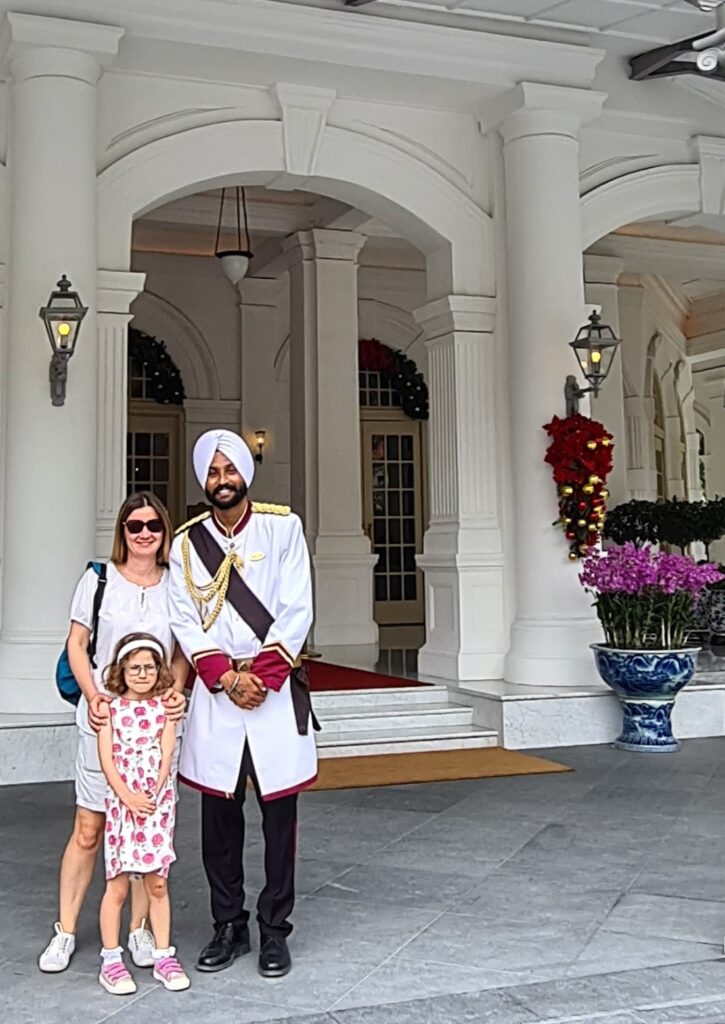
Raffles, Singapore 
In the Long Bar 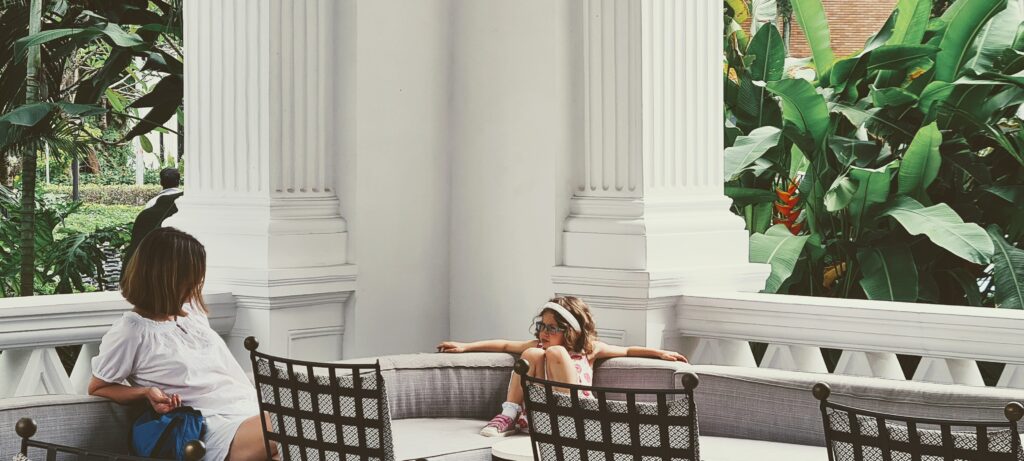
When we encounter different colours of people we exhibit an innate sense of superiority. I have seen, in the Orient, the attitude of British ex pats to Asians. By and large, it is brusque, rude and arrogant. As if they are rather funny little people, not to be worried about or taken too seriously. I have seen whites behaving exactly as they like, heedless of local sensibilities and, in fact, dismissive of them. I know tales of white male business executives who spent their years in Asia going to bars and having blow jobs in booths, in full view of each other. Who ordered up sex as a sort of right and perk of business travel, who had maids and domestic servants at home. Servants who got to see their own children just one weekend a month whilst catering to every whim of their white employers’ children the rest of the time. When the Masters still live in colonial castles, are paid enormous ex pat packages, send their children to the best private schools, are members of the finest clubs and get waited on hand and foot by the indigenous population, is it any wonder that they see Asians as somehow inferior? When their experience of work is white men in charge and local talent as underlings, is it so surprising that they still use phrases such as “choppy choppy!” when they want something done fast?
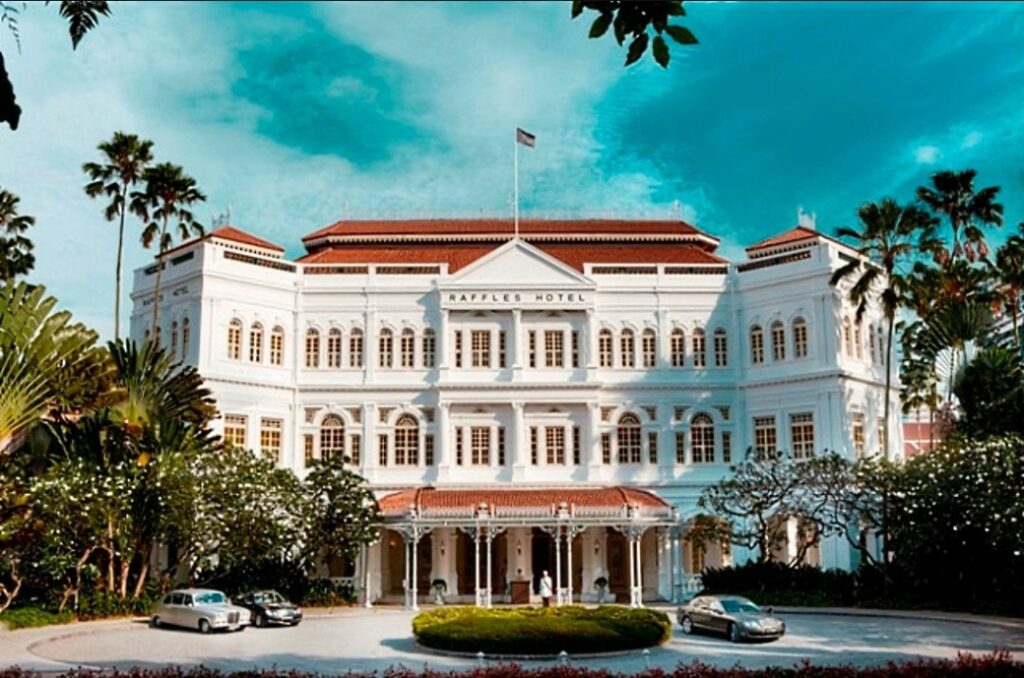
Raffles Hotel 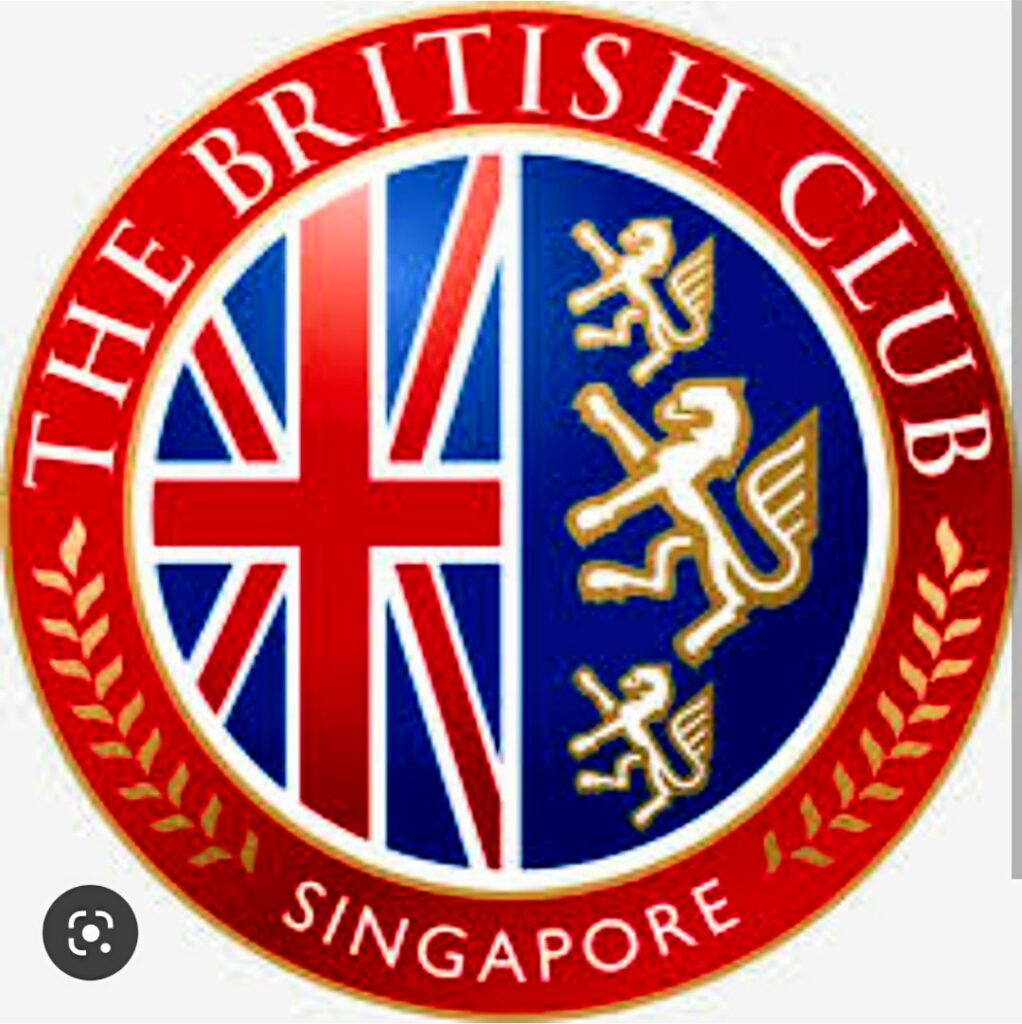
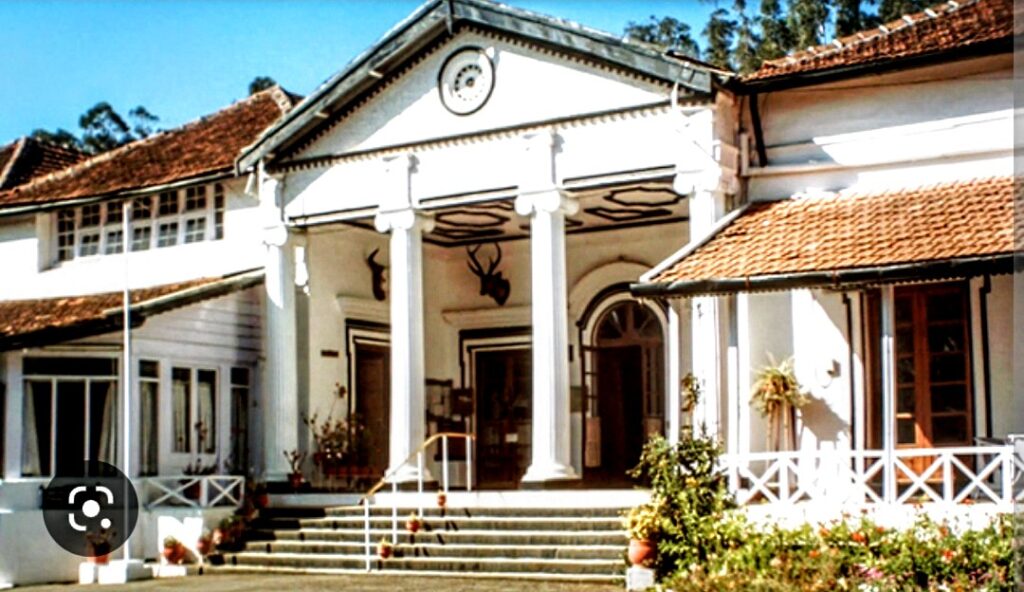
Club, India 
White Mischief
We are the last colonials. We know intellectually that everyone is equal, that it is wrong to be prejudice. But behaviourally and in the layers beneath the surface, we betray our outer veneer of civilised values. We espouse equality whilst insulating ourselves from the poverty of local communities in tropical hotel compounds. We fly around the globe in big, poluting jets planes to go on eco-holidays where we learn to make our own soap and upcycle. The only time I ever ran into resentment was strolling around Castries in St. Lucia. There I was, 14 years old, dressed in matching red white and blue striped shirt and shorts, the very essence of a white colonial boy. I called over to my parents on the other side of the street and a black man turned on me and said:
What you say, white boy?
I had never felt threatened until that moment. And in the hotel – in a compound, of course – one of the waiters wore a baseball cap with the legend Take this job and stuff it inscribed on it. The resentment towards whites was tangible.

Our trip out east has re-kindled a fascination with the British Empire. Now we are home for Christmas, I am reading George Orwell’s Burmese Days. The truly shocking thing is to read the dialogue of the British characters when arguing whether to let natives join their club. The N-word is everywhere. Orwell was, I am sure, putting into their mouths only that which he had heard real life colonialists say a thousand times. And we watched David Lean’s A passage to India the other night. The east is east and west is west philosophy seems to have permeated the whole colonial lifestyle; no social mixing and definitely no inter-racial relationships.
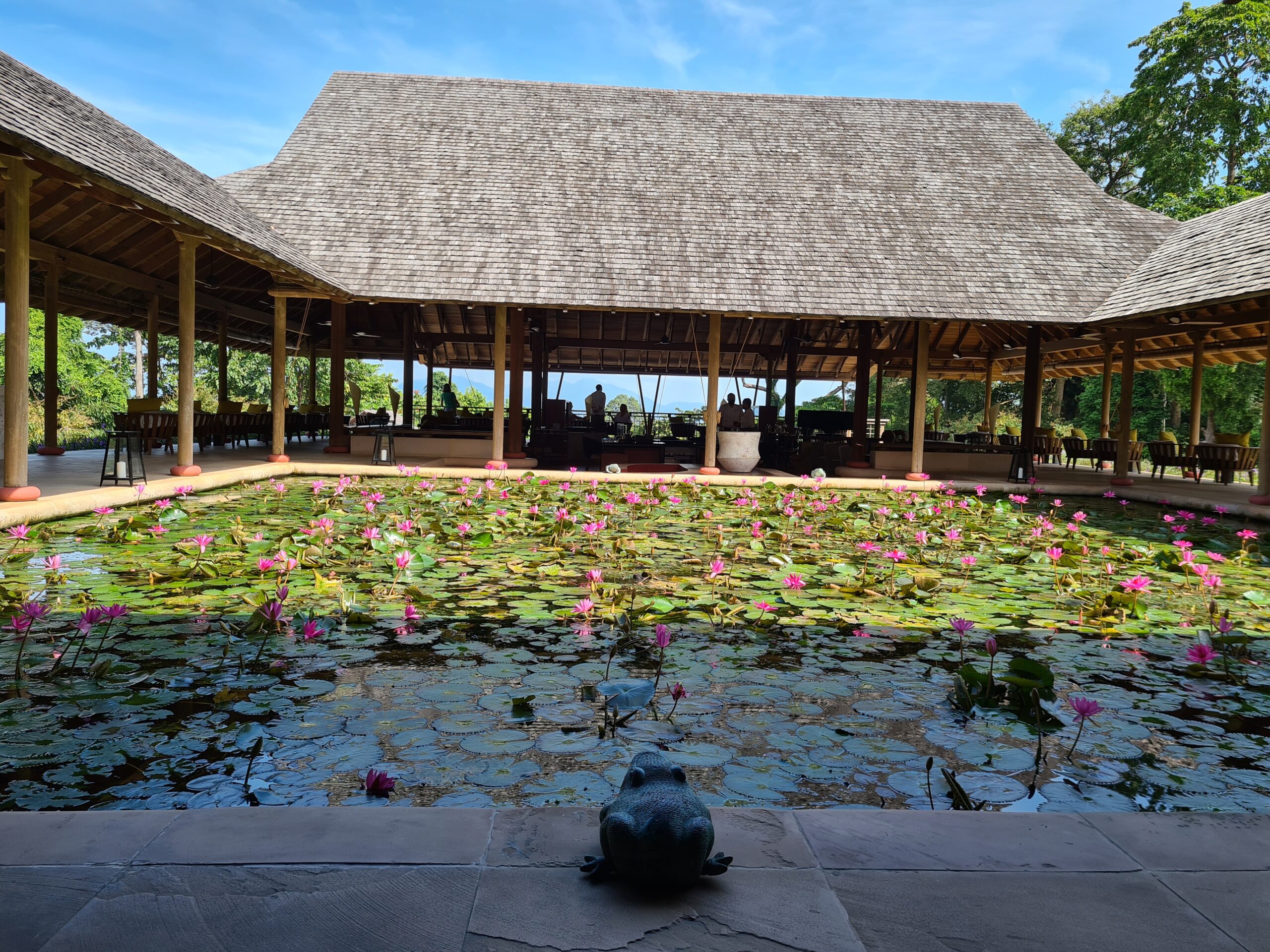
Our colonial past is constantly intruding in the news – Myanmar’s (Burma’s) Ang Sang Su Shi, legitimate democratic prime minister – has just been sentenced to yet another seven years imprisonment by the ruling military junta as that benighted country struggles with its post colonial identity. ‘Charity boss tells LBC of ‘race interrogation’ ordeal by Prince William’s godmother at Buckingham Palace reception’. The Dutch monarch has just commissioned research into the royal family’s role in colonialism. Germany has just repatriated the Benin Bronzes to Nigeria. The new King Charles III and his heir, William, Prince of Wales, will be unable to kick the can of demands for compensation down the road as the ex colonies get into full cry of outrage now that Queen Elizabeth is gone.
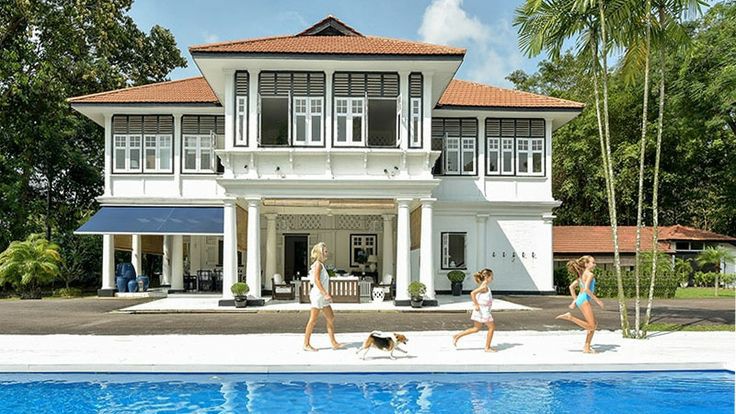
Alexandra Park Black & White living – like living in a Slim Aarons’s photograph
We are the last generation who will enjoy the illusion that the Empire was a good thing. The last generation who will hark back to an era when life for the colonial tribe was good – luxury living, servants, privilege, parties, ex pat lifestyle (a phrase that covers so much). Where we travel now, where the remnants of Empire are scattered, we seek them out; where the buildings have fallen into disrepair, we cry ‘shame!’. Where we can indulge the fantasy for a few weeks, we can imagine the cool oasis of a colonnade and what it must have been like to come into convivial company after months on the plantation. To enjoy the shade of some of the most desirable and luxurious houses in the world – the black and whites in Singapore, the rubber plantation estates Malaysia, sugar cane in Jamaica, coffee in Kenya, tea in Darjeeling and cinnamon in Sri Lanka.
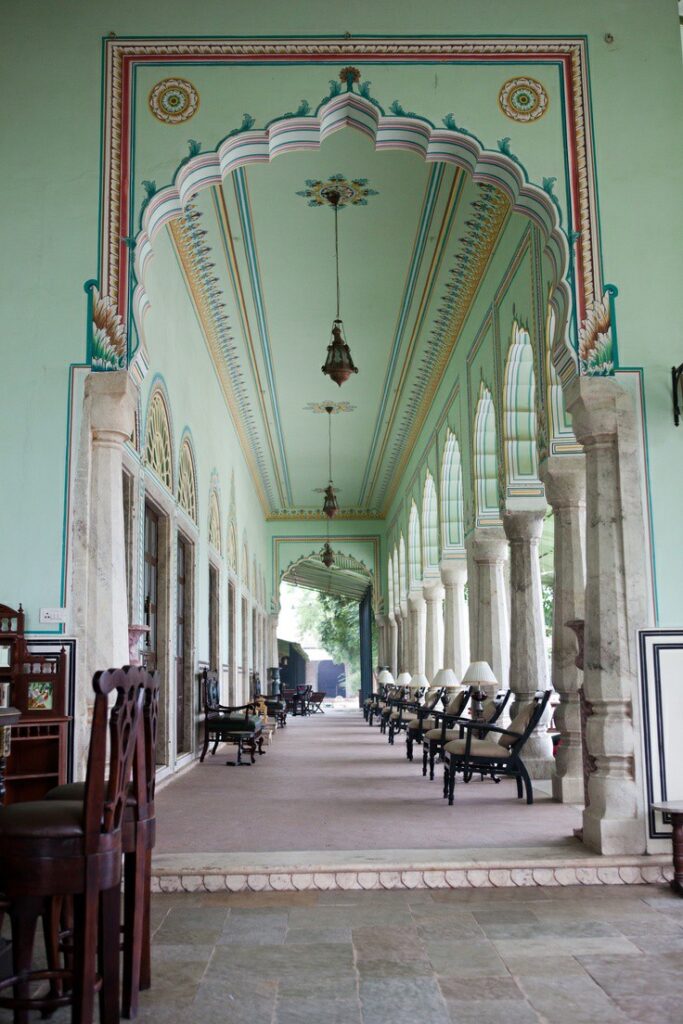
There is clearly a market for this nostalgia. In the hit film, The best exotic marigold hotel (2011), a cast of the UK’s favourite actors live out an alternative romanticised retirement in India’s pink city, Jaipur. It conjures an atmosphere of faded and fondly remembered Raj. My parents loved it. They loved all things to do with the Colonies. In my childhood, all our holidays were in ex colonies: Malta (three times), the West Indies, Mauritius, Gibraltar, Mallorca. In fact, the only time we went beyond the British Empire, to the Italian island of Elba, it was an atrocious experience and put my father off Italy for life. (Oh dear.) When we were in these places, we invariably stayed at old colonial hotels (The Rock in Gibraltar, the Phoenicia in Valletta) and visited British military installations when we travelled around – most memorably, Nelson’s Dockyard in Antigua.

Data shows Leicester and Birmingham have become UK’s first ‘minority majority’ cities in new age of ‘super-diversity’
In the 2021 census, it was found that 18% of the UK’s population is non-white. Christianity is now a minority religion in England and Wales. Our Prime Minister, Rishi Sunak, is a Hindu. The Empire has come home. And our colonialist ex pats are also returning. What sort of Britain are they finding? It is a far cry from the life they were leading in the tropics. Britain is grinding to a halt. The nurses are on strike; the ambulance drivers are on strike. The postmen, the train drivers, border forces and passport control and teachers – all on strike. Some 55,000 refugees have attempted to cross the English Channel in 2022. Over 89,000 refugees from Ukraine; 76,000 from Hong Kong; 21,000 Afghans. And on 3rd January 2023, my wife and son become British subjects as well. It is the end of our five year journey towards citizenship. And it has been a tough road. It is not that easy to become British.
I hope we become more welcoming as a nation. Our current regime, headed by the children of Asian immigrants in the positions of Prime Minister and Home Secretary, has been hostile – it feels very much like the beneficiaries of a tolerant policy pulling up the ladder behind them. There is, it appears, nothing more vindictive or mean-spirited than someone who has benefited from largesse and denying that same kindness to others in the same boat as their own kith and kin. And this country will rue the day. As we find our new role as ‘global Britain’, we’d better start thinking globally and welcoming those from other parts of the globe – especially those who can make a totally legitimate claim that this country, above all others, owes them. Owes them big.

